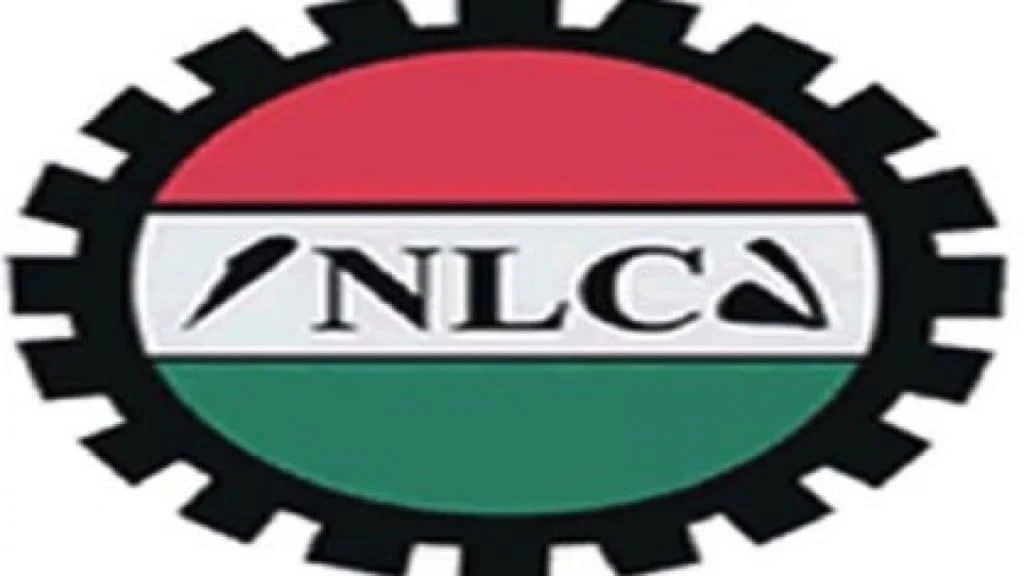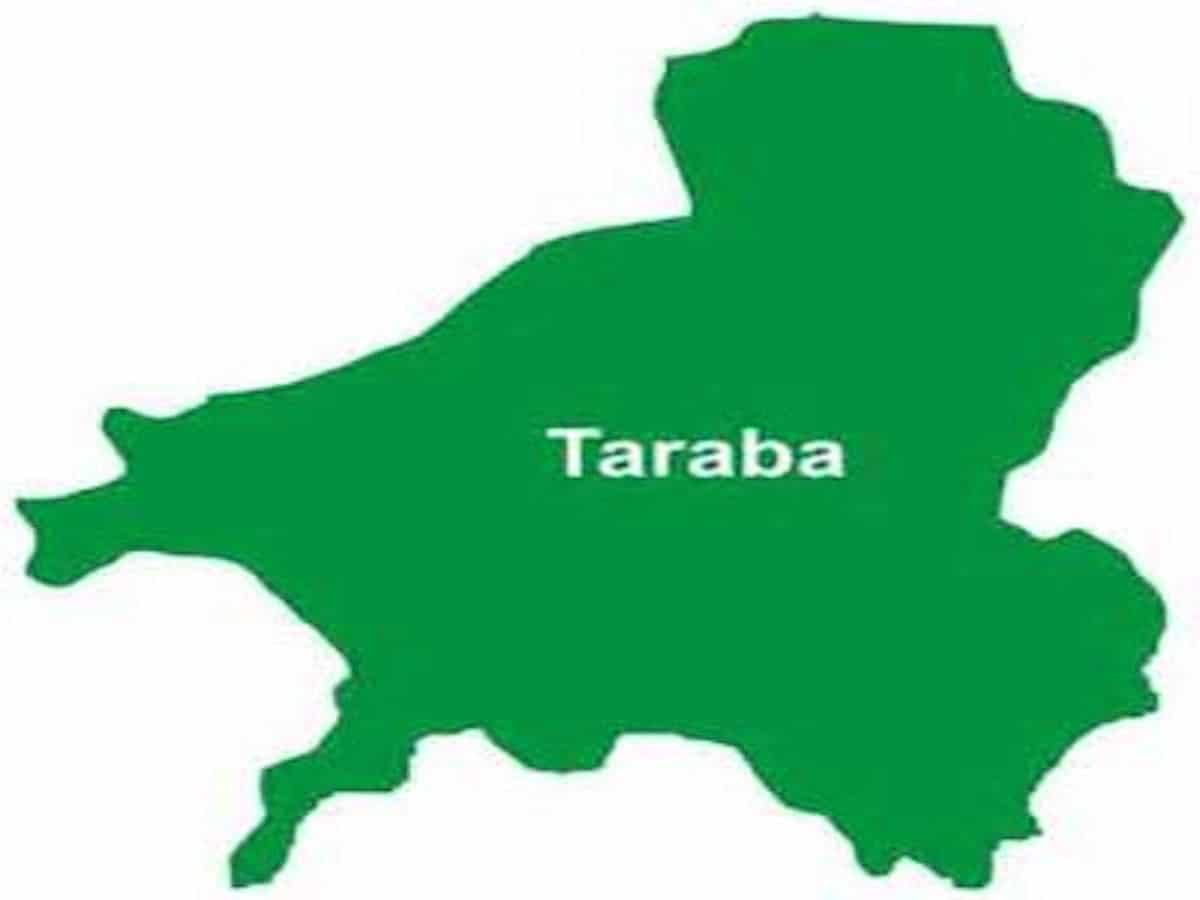The Nigeria Labour Congress (NLC) has voiced its disappointment over the federal government’s continued silence regarding the reversal of the April 3 electricity tariff hike. This discontent was highlighted in a communique issued after the NLC’s National Executive Council meeting on Tuesday, where the union decided to suspend its indefinite strike for a week.
The recent meeting between the federal government and organized labour resulted in an agreement to raise the minimum wage above N60,000. However, the government’s reluctance to address the electricity tariff hike, which remains a crucial issue for the NLC, has stirred frustration among labour leaders and workers alike.
The NLC condemned the government’s lack of action concerning the electricity tariff hike and the discriminatory classification of electricity consumers into different Bands. “The NEC reaffirms that these issues are critical to alleviating the financial burden on Nigerian workers and the general populace. The electricity tariff hike and discriminatory Band classification remain unacceptable and must be addressed alongside the wage increase,” the communique stated.
On April 3, the Nigerian Electricity Regulatory Commission (NERC) approved a significant tariff increase of over N200 per kWh for customers receiving 20-24 hours of power supply. This hike sparked widespread backlash among Nigerians, who deemed the increase as an additional financial strain.
In response to public outcry, the government announced a minor reduction of N18, adjusting the rate to N208.80 per kWh for Band A customers. However, this reduction did little to satisfy the demands of the NLC, the Trade Union Congress, and other organizations, which continue to call for a complete reversal of the tariff hike.
NLC’s persistence on this issue underscores the union’s commitment to addressing the financial challenges faced by Nigerian workers. The union insists that the tariff hike, alongside the apartheid-like Band classification, must be resolved to ease the economic pressures on the populace.
As the government and labour continue their negotiations, the NLC’s unwavering stance highlights the broader struggle for fair economic policies and the protection of workers’ rights in Nigeria. The outcome of these discussions will significantly impact the nation’s socio-economic landscape in the coming months.






